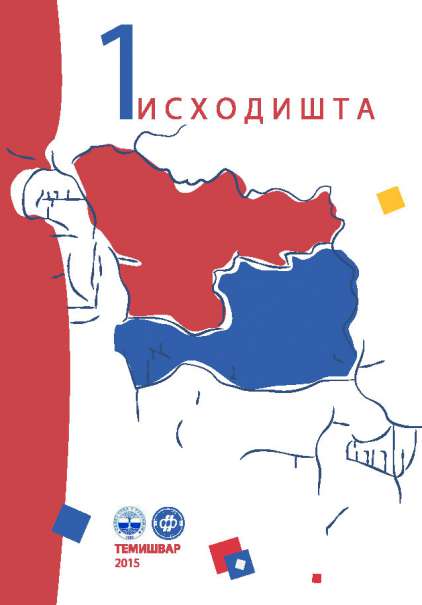ГОВОРИ У СЛИВУ СТУДЕНИЦЕ3 НА ТРОМЕЂИ СРПСКИХ ДИЈАЛЕКАТА (ФОНЕТСКЕ ОСОБИНЕ)
STUDENICA CONFLUENCE VERNACULARS AT THE THREE BORDER SERBIAN DIALECTS
Author(s): Gordana S. DraginSubject(s): Language studies, Regional Geography, Sociolinguistics, South Slavic Languages
Published by: Universitatea de Vest din Timişoara
Keywords: Studenica upper confluence vernaculars; Studenica lower confluence vernaculars; Kosovo-Resava dialect (K-R); Zeta-Sjenica dialect (Z-S); Herzegovina-Krajina dialect (H-K);
Summary/Abstract: Studenica confluence region has two vernaculars. Villages along the upper confluence have more consequential features of the iekavism, a pronounced tendency of establishment of phonological value of the short rising accent and more consequential preservation of post-accent length. Contrary to the latter, the combined ekavian – iekavian dialectal form of the lower confluence vernacular preserves the acute accent. It is characterised by the ekavian dialect reflection of the short jat in most positions, has a significantly lower tendency towards establishment of phonological value of the short rising accent and inconsequent preservation of post-accent quantity. Hamlets of the Studenica lower confluence use the atypical Kosovo-Resava vernacular. The upper confluence vernacular is the northernmost peak of the Z-S dialect crossing the mount fo Golija and protruding between the K-R and the H-K dialect. It could be classified into the northeast subdialect of the Zeta-Sjenica dialect region along with, amongst others, Novi Pazar-Sjenica region vernaculars.
Journal: Исходишта
- Issue Year: 1/2015
- Issue No: 1
- Page Range: 97-112
- Page Count: 16
- Language: Serbian

